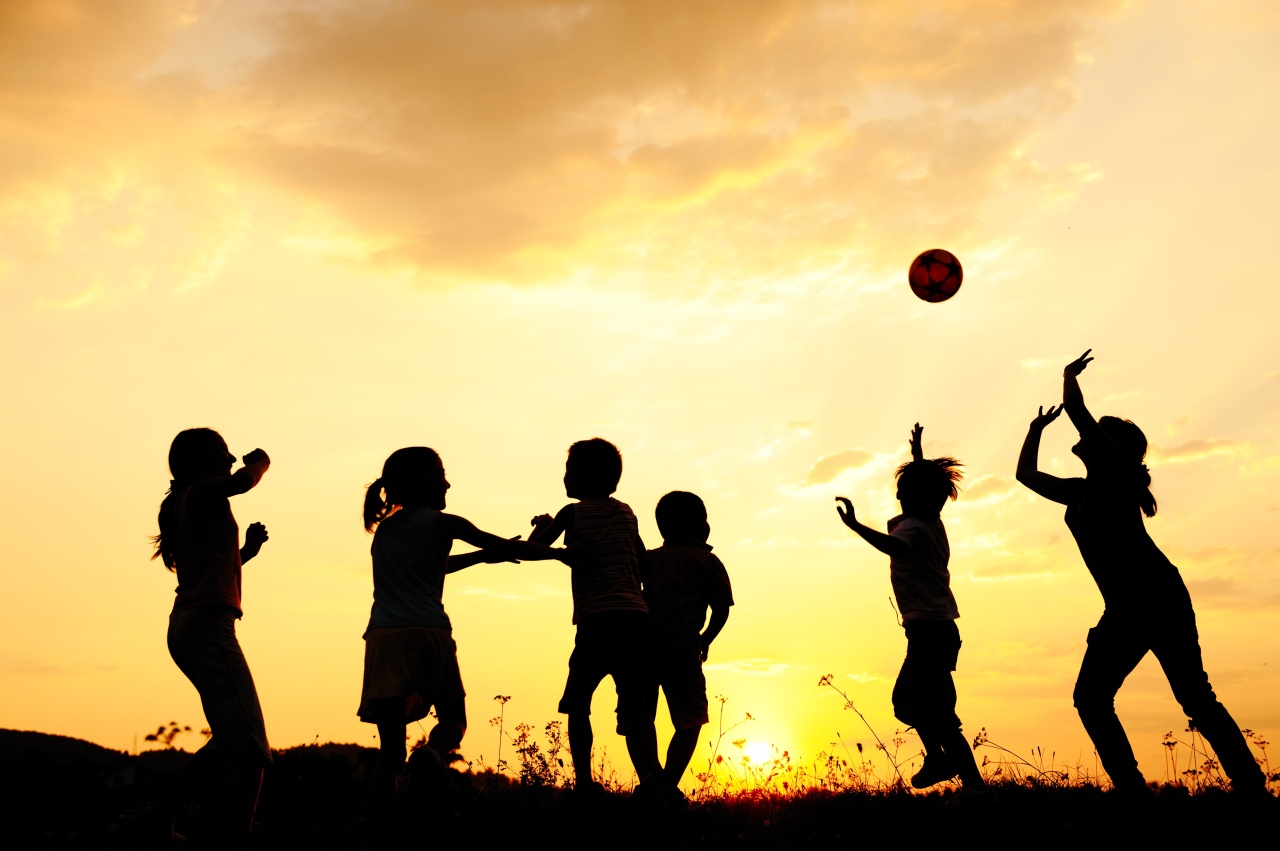 |
Korean society tends to view children as objects to protect and educate, rather than individuals with their own rights, experts say. (123rf) |
Every child has the right to rest or have fun how they want to.
This is article 31 of the United Nations Convention on the Rights of the Child, adopted in 1989. It is one of the most ratified international treaties in history.
More than three decades after its ratification here, South Korea is revisiting the clause with renewed enthusiasm, largely thanks to an ill-advised move by the Education Ministry to put kids in school one year early.
“Children need to play,” read the banners that protesters put up at a rally held near the Presidential Office in Yongsan, central Seoul, on Aug. 2
The ministry’s controversial plan, which appears to have been discarded now, was to lower the school entry age to 5, from the current 6. Its stated goal was to expand free public education and help relieve the childcare burden of working parents. At present, most five-year-olds go to kindergartens or day care centers, with the cost partially covered by the government.
Critics say the measure could be linked to the government’s strategy for the looming population crisis: As the working-age population is projected to continue declining, the country needs future generations to enter the labor market earlier.
“The government should listen to parents’ worries that going to school at age 5 also means going to hagwons at age 5. There will inevitably be pressure to study and fear of falling behind,” said Rep. Park Yong-jin of the main opposition Democratic Party of Korea. He went on to attack the Yoon Suk-yeol administration for its “flawed view” of the youth as workers in the making.
Experts say that Korean society tends to view children as objects to protect and educate rather than individuals with their own rights. An indication of this is the fact that laws pertaining to children in Korea mostly dealt with the prevention and punishment of child abuse or the provision of child care and education, they said.
Against this backdrop, the Ministry of Health and Welfare has been studying the children’s basic rights act. As part of that, it has been soliciting opinions from academia, civic groups and ordinary people, holding public forums.
At a recent event held on Thursday, professor Lee Wan-jeong of Inha University called for the legalization of a child’s right to play.
“The right to play is one of the rights stipulated in the UNCRC. It derives from the right to pursue happiness,” she said.
Pointing out a culture here of downplaying the importance of play in a child’s development, the expert stressed the need to provide children with a legal guarantee for play time and give the government a responsibility to ensure it.
The Health Ministry is scheduled to hold two more forums on the issue, after which it will start drafting the legislation. It aims for its enactment next year.
According to a survey conducted by a Seoul branch of the non-profit organization Good Neighbors, Korean children spent an average 3 hours playing and relaxing a day in 2021, up from 2.8 hours in 2020, which appears to be an impact of the COVID-19 pandemic. But the growth was largely driven by increased screen time, such as watching YouTube or using smartphones, the survey has shown.
Asked to choose one aspect of childhood that has been most affected by the pandemic, the respondents chose children‘s play, relaxation and recreation, the group said.
By Lee Sun-young (
milaya@heraldcorp.com)




![[Herald Interview] 'Trump will use tariffs as first line of defense for American manufacturing'](http://res.heraldm.com/phpwas/restmb_idxmake.php?idx=644&simg=/content/image/2024/11/26/20241126050017_0.jpg)

![[Health and care] Getting cancer young: Why cancer isn’t just an older person’s battle](http://res.heraldm.com/phpwas/restmb_idxmake.php?idx=644&simg=/content/image/2024/11/26/20241126050043_0.jpg)

